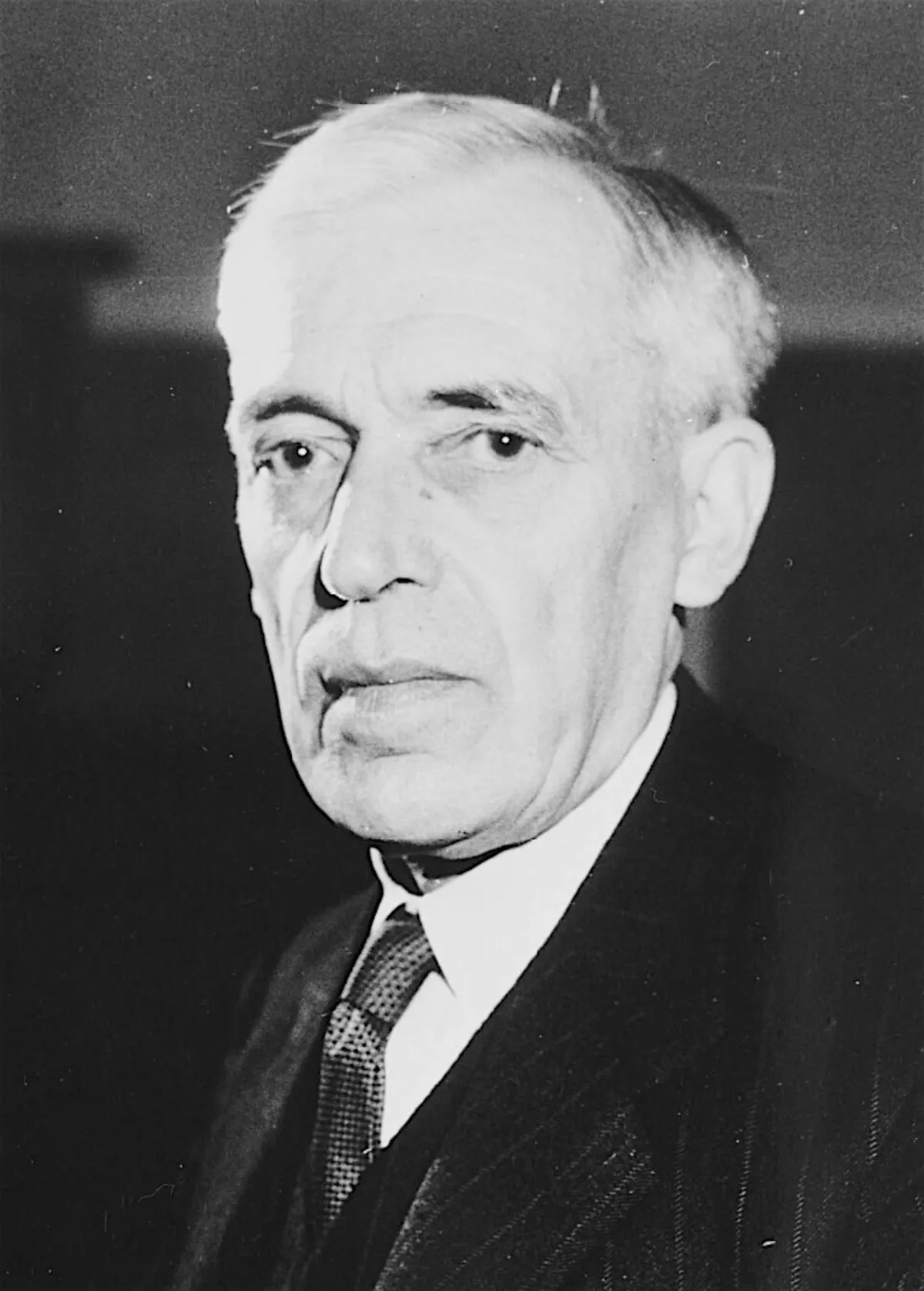 1.
1. Owen Dixon was considered in his time to be one of the world's leading common law jurists, and his judgments reportedly "carried persuasive effect wherever the common law was applied".

 1.
1. Owen Dixon was considered in his time to be one of the world's leading common law jurists, and his judgments reportedly "carried persuasive effect wherever the common law was applied".
Owen Dixon was born on 28 April 1886 in Hawthorn, Victoria.
Owen Dixon was the son of Edith Annie and Joseph William Dixon, who were both English immigrants originally from Yorkshire.
Owen Dixon attended Hawthorn College where he was a prize-winning student.
Owen Dixon went on to the University of Melbourne, graduating Bachelor of Arts in 1906 and Bachelor of Laws in 1908.
Owen Dixon was influenced by professor of law, William Harrison Moore.
Owen Dixon was later awarded honorary doctorates from Oxford, Harvard, and the University of Melbourne.
Owen Dixon was admitted to the Victorian Bar in 1909 at the age of 23.
Owen Dixon regularly appeared in the High Court of Australia and the Privy Council in London, including an unsuccessful application for special leave to appeal from the decision of the High Court in the Engineers case.
In 1926, Owen Dixon was briefly made an Acting Judge of the Supreme Court of Victoria, and although he was considered to be an excellent judge, he did not enjoy the experience.
In 1929, Owen Dixon was appointed to the bench of the High Court, on the recommendation of his friend John Latham, who was then the Commonwealth Attorney-General.
Owen Dixon showed that behind his formidable command of legal principle he had a sense of fairness, such as in his joint judgment in Tuckiar v The King, where the Court quashed the murder conviction of an Aboriginal man who had not been given a fair trial.
Owen Dixon had reservations about the appointment of Labor politicians Herbert Vere Evatt and Sir Edward McTiernan by the Government of James Scullin in late 1930.
Owen Dixon nevertheless forced himself to get along with all his colleagues, and at one point acted as an intermediary between them and the conservative judge Sir Hayden Starke, who refused to have any direct communication with them.
From 1942 to 1944, Owen Dixon took leave from his judicial duties while he served as Australia's Minister to the United States, at the request of Prime Minister John Curtin.
On 27 May 1950, Owen Dixon was invited by the United Nations to act as their official mediator between the governments of India and Pakistan over the disputed territory of Kashmir.
Owen Dixon's role was to continue conciliation talks between the two nations in the lead-up to a proposed plebiscite to be put to the residents of Kashmir.
At about this period, Owen Dixon was in the majority in important constitutional cases which declared unconstitutional pet projects of successive Labor and Liberal governments, namely the Bank Nationalisation case, and the Communist Party Case.
In 1951, Owen Dixon was appointed a member of the Privy Council, the English judicial organ which, at that stage, was the final court of appeal in Australian legal matters.
In 1952, Owen Dixon was appointed Chief Justice of the High Court by Menzies, who remained Prime Minister throughout Owen Dixon's tenure in the position.
In 1952, and again in 1955, Owen Dixon was called upon by the Governor of Victoria to give advice when the upper house of the Parliament of that State refused to pass supply bills.
Owen Dixon advised the Governor of his powers in such a situation.
Owen Dixon retired from the High Court in 1964, to be replaced by Sir Garfield Barwick.
Shortly after his retirement, Owen Dixon turned down an offer to be appointed Australia's Governor-General, because he considered himself "too old".
Owen Dixon has sometimes been described as a product of his times; for example, he was a strong supporter of the White Australia policy, and was, as Philip James Ayres's biographical work shows, a classicist and rationalist, deeply sceptical in regard to all religions.
The line that Owen Dixon draws is between law and politics and does not, as is sometimes thought, represent a commitment to legal formalism.